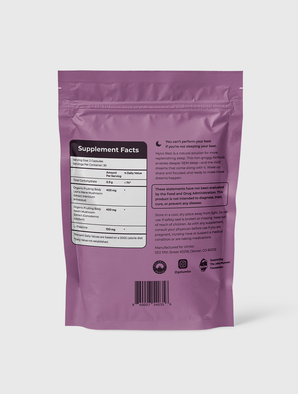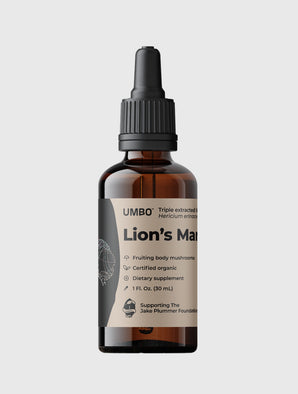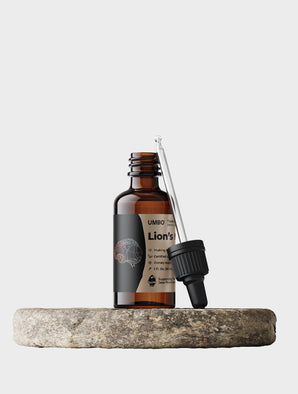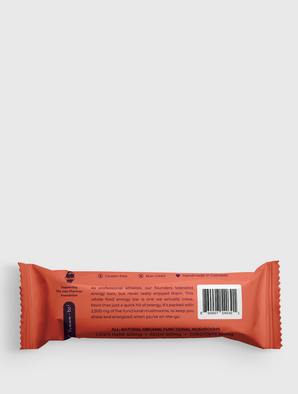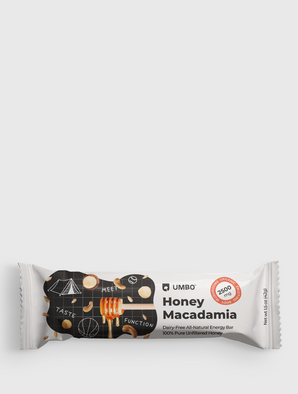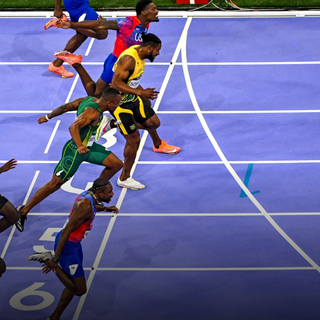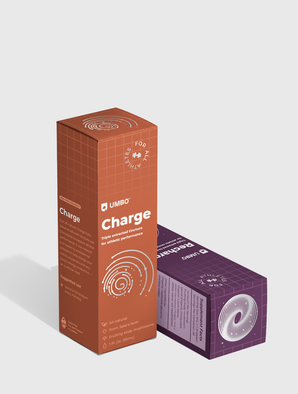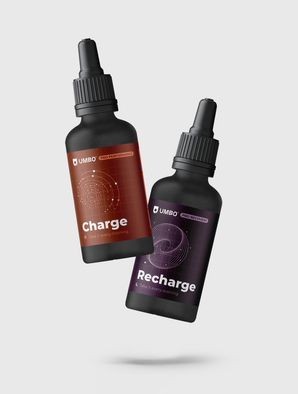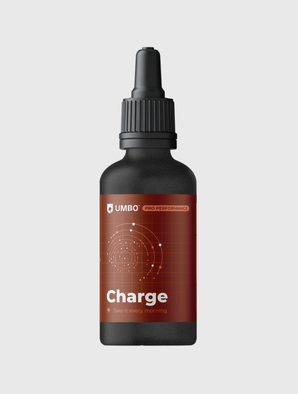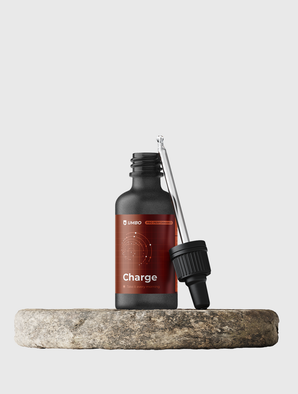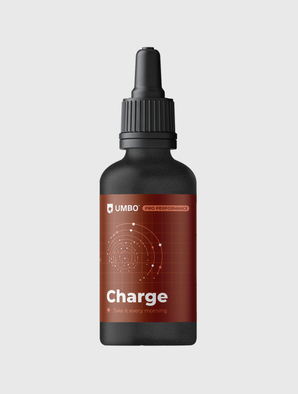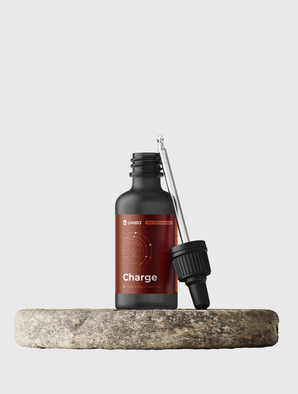Why Lion’s Mane is your new teammate
If we have to pick one… despite all the well-deserved acclaim that Cordyceps receives, we think Lion’s Mane may just be the single best mushroom for athletes. Lion's Mane is a functional mushroom that, like the best coach or cornerman, helps sharpen cognitive function and focus on what matters. During workouts and competitions, this means boosting strategic thinking and reaction times, and also helping lock in learning and making workout recovery more productive. During sleep, this translates to deeper and more restful REM sleep — and the vivid dreams that come along with it. Lion's Mane is also one of the few functional mushrooms that is good to eat, with a slightly chewy texture and unique flavor profile that many compare to lobster.
Makes us think of… Naomi Osaka
As a metaphor for mental acuity and emotional resilience on the court, Naomi Osaka might just be the Lion's Mane of the tennis world. Like Lion's Mane, which is revered for sharpening cognitive function and mental clarity, Osaka shows exceptional strategic thinking and focus in her matches, dissecting her opponents' games with surgical precision. She seems to be able to keep calm in the pressure cooker of the professional tennis circuit, mirroring the stress-reducing qualities of the mushroom. We admire that Osaka champions mental health in sports and think that she fully embodies the mushroom's benefits for both physical and mental performance.
Benefits of Lion’s Mane for Athletes
Brain Coach
When it's crunch time, and decisions need to be made, Lion's Mane is there to sharpen cognitive abilities, pushing the limits of strategic thinking and ensuring your brain is in top condition for whatever mental gymnastics lie ahead.
Reaction Time Responsiveness
Making good decisions is one thing, but maybe more important is how quickly those decisions can be made. Lion's Mane helps boost lightning-fast reactions, helping athletes react to changing conditions and events on the field.
Dream Team Sleep
Lion's Mane can step up your sleep game to the major leagues, deepening REM sleep and helping make recovery more replenishing. Be on the lookout for the vivid dreams that happen in REM sleep!
Learning Lock-In
Lion's Mane helps lock the day’s learning, kind of like having a DVR for your muscles and brain. It helps more efficiently convert short-term memories (like learning a new play or skill) into long-term memory, which is how to make sure all that hard work sticks.
Lion's Mane for me is like a multivitamin that I take twice a day. I really believe it keeps my mind sharp, especially for a sport like wrestling. It’s really when I don’t take it that I notice it. It makes all the difference for me.
—Victoria “Vortex” Anthony, Olympic wrestler and MMA fighter
When to take Lion’s Mane functional mushrooms
Times when athletes can consider using Lion’s Mane to help with performance:
- Daily, in the morning: Use Lion’s Mane as a part of a daily morning routine. Consistency is key — the benefits will accumulate over time, helping to sharpen everyday cognitive function.
- Pre-workout: While using Lion's Mane about 30 to 60 minutes before training or competition can help boost focus, reaction time, and strategic thinking during the activity, we generally prefer to use it every day and consider Lion’s Mane to be a critical part of daily nutrition.
Times when athletes can consider using Lion’s Mane to help with recovery:
- Before sleep: Incorporating Lion's Mane in the routine of getting ready for sleep, somewhere around 30-60 minutes before bedtime, enhances the quality of REM sleep. Getting better quality sleep is probably the single best thing an athlete can do to help recover — both physically and mentally. Sleep is when the body repairs itself and consolidates memories, helping lock in the day’s learning.


